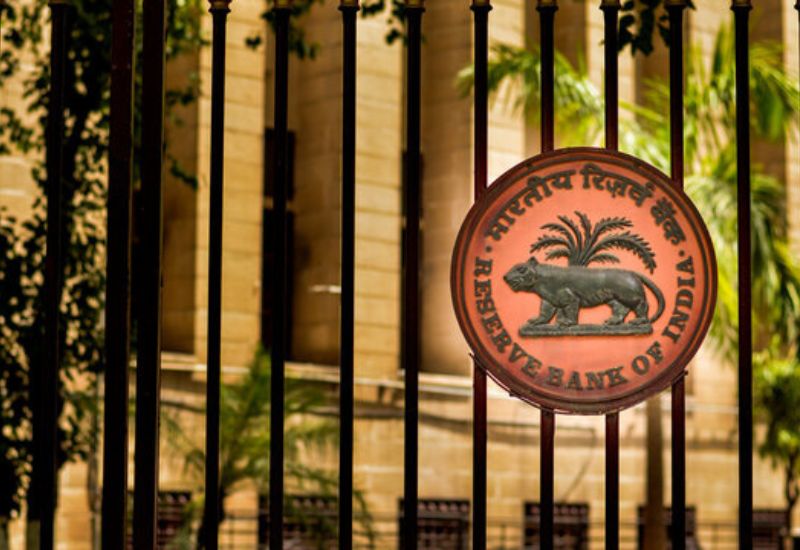Introduction
In the dynamic world of international finance, foreign exchange (forex) plays a crucial role. Forex trading involves the exchange of currencies between nations, facilitating global commerce and investment. One fundamental concept that underpins forex trading is the forex swap, a crucial instrument that enables traders to manage currency risks and capitalize on market fluctuations. This comprehensive guide delves into the intricacies of forex swaps, providing Indian traders with actionable insights into their applications, benefits, and nuances.

Image: www.procapitas.com
Understanding Forex Swaps
A forex swap is an agreement between two parties to exchange one currency for another at a predetermined rate on a specific future date. Unlike spot currency trades, which involve the immediate exchange of currencies, swaps create a binding obligation to exchange at a later point in time. This allows traders to lock in exchange rates, hedge against potential currency fluctuations, and speculate on future market movements.
Types of Forex Swaps
Various types of forex swaps cater to specific trading strategies and risk appetites. The most common include:
- Fixed-to-Fixed Swaps: Involve exchanging two currencies with fixed interest rates over a specified period.
- Float-to-Float Swaps: Entail exchanging currencies with floating interest rates that can vary based on market conditions.
- Cross-Currency Swaps: Facilitate currency exchanges between pairs that are not directly traded, such as INR/USD to EUR/GBP.
Benefits of Forex Swaps
- Risk Management: Swaps allow traders to hedge against currency risks by locking in exchange rates, minimizing potential losses due to unfavorable market movements.
- Speculation: Traders can bet on future currency fluctuations by entering swaps that speculate on rate appreciation or depreciation.
- Yield Enhancement: Swaps enable traders to capture yield differentials between different currencies, boosting overall returns.
- Capital Preservation: By swapping currencies with attractive interest rates, traders can protect their capital from devaluation in volatile markets.

Image: www.business-standard.com
Role of RBI in Forex Swaps
The Reserve Bank of India (RBI) plays a vital role in regulating and overseeing forex activities within the country. RBI’s regulations include:
- Limit Setting: RBI sets daily limits on the amount of foreign exchange that individuals and institutions can transact through swaps.
- Margin Requirements: Margin requirements ensure traders have sufficient funds to cover potential losses before entering a swap contract.
- Market Supervision: RBI monitors forex swap activities to prevent excessive speculation and maintain market stability.
Applications for Indian Traders
Forex swaps find widespread applications for Indian traders, including:
- Import-Export Hedging: Importers and exporters can use swaps to mitigate currency fluctuations that affect their international transactions.
- Investment Strategies: Traders can employ swaps to capture interest rate differentials and enhance returns on investments denominated in foreign currencies.
Forex Swap Rbi Business Standard
Conclusion
Forex swaps are essential tools that empower Indian traders to manage currency risks, speculate on market movements, and optimize portfolio performance. By understanding the types of swaps, their benefits, and the role of RBI in regulating forex activities, traders can effectively utilize this instrument to navigate the dynamic global forex market. It is crucial for traders to conduct thorough research, consult financial experts if necessary, and diligently monitor market trends to make informed decisions and capitalize on opportunities in the ever-evolving world of forex.






